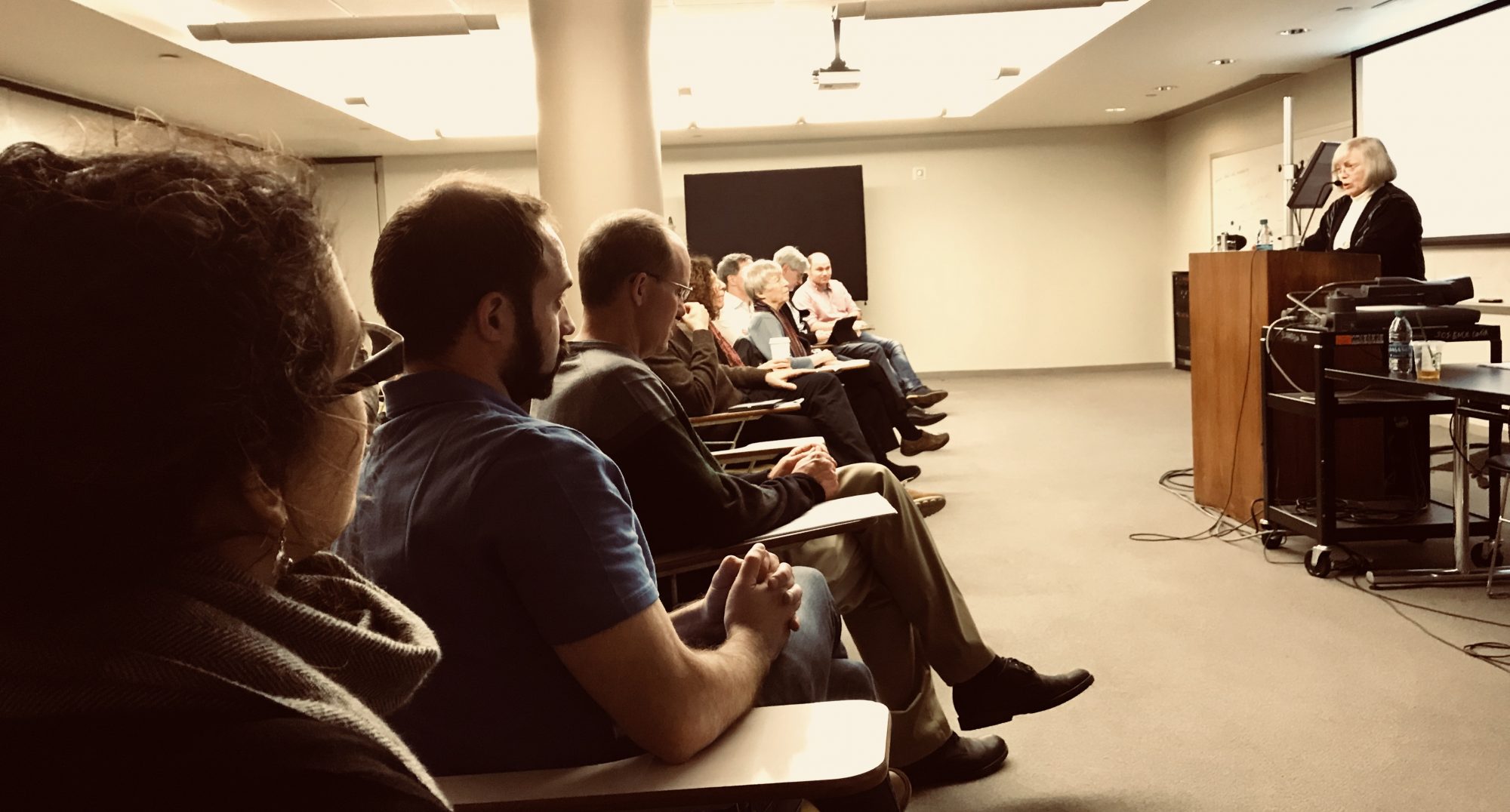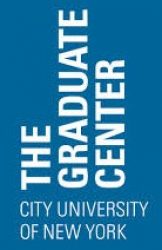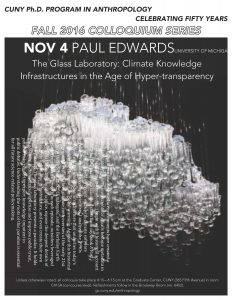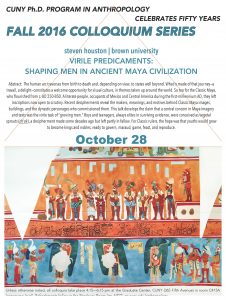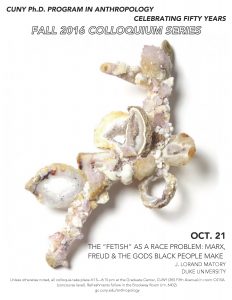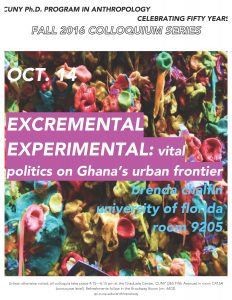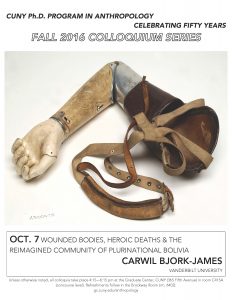The Glass Laboratory: Climate Knowledge Infrastructures in the Age of Hyper-Transparency
Paul Edwards | University of Michigan
Abstract: In this talk, I argue that new media environments have created a “glass laboratory,” where even scientists’ emails become metadata in the public life of climate knowledge. I begin with a historical account of data-making in climate science, drawn from my book A Vast Machine. Next, based on recent work with climate software developers and Earth system scientists, I analyze the 1990s emergence of the knowledge infrastructure that underlies today’s broad scientific consensus on global warming. Against this historical background, I explore three climate controversies of the early 21st century: the “hockey stick,” Climategate, and the Berkeley Earth Surface Temperature project. In each episode, outsiders leveraged new media to “audit” climate science, expose the deepest details of the climate knowledge infrastructure, and even create their own climate datasets. The glass laboratory presents a paradox. It holds the potential to democratize expertise and improve public trust, yet also risks rendering expert knowledge impotent in public debates. Understanding the roots of this paradox is essential for all future science-related policymaking.
Unless otherwise noted, all events take place on Fridays, from 4:15-6:15 PM in room C415A (concourse level) at the Graduate Center, CUNY (365 Fifth Avenue). Please visit: http:;//www.gc.cuny.edy/anthropology for more information.
